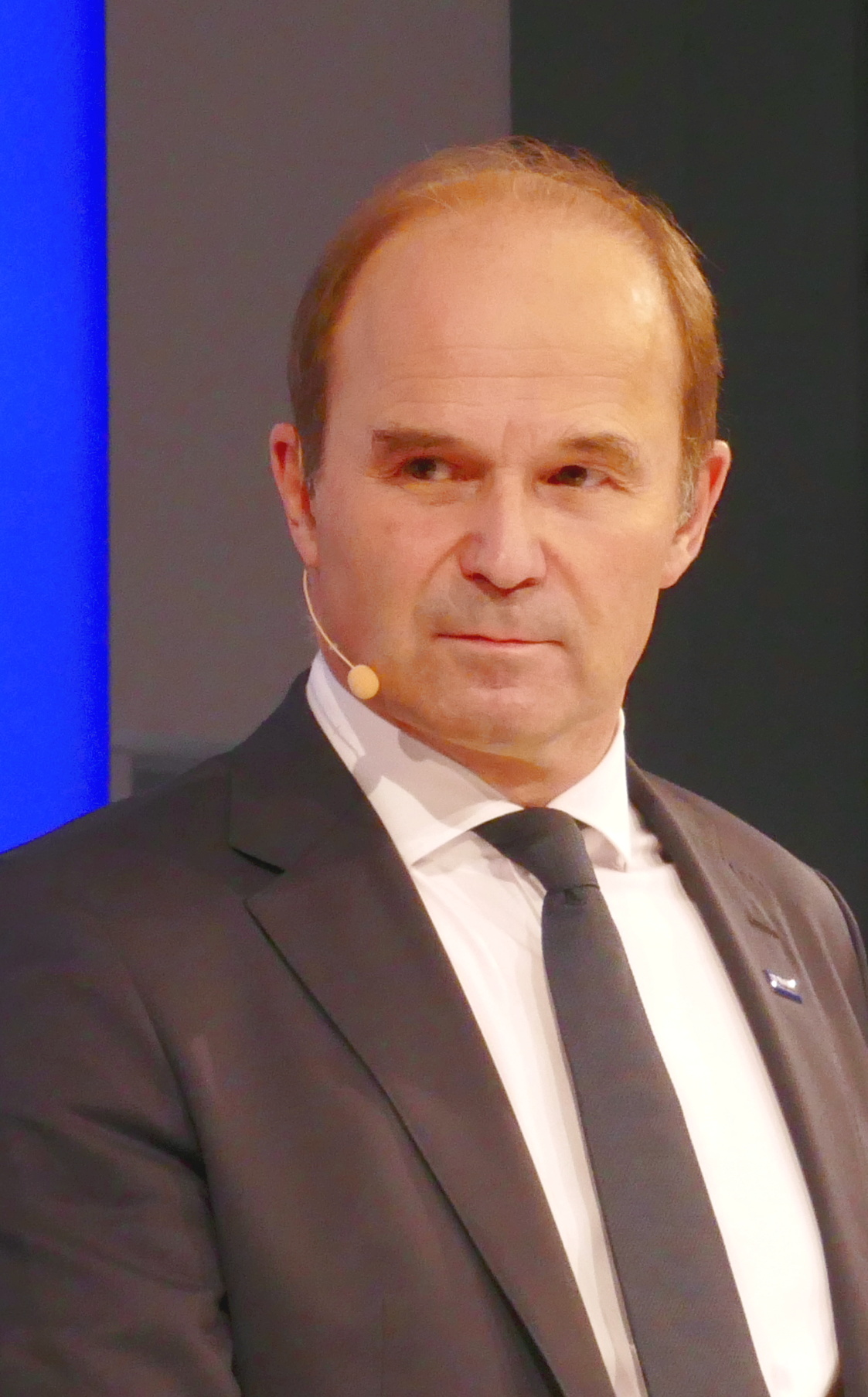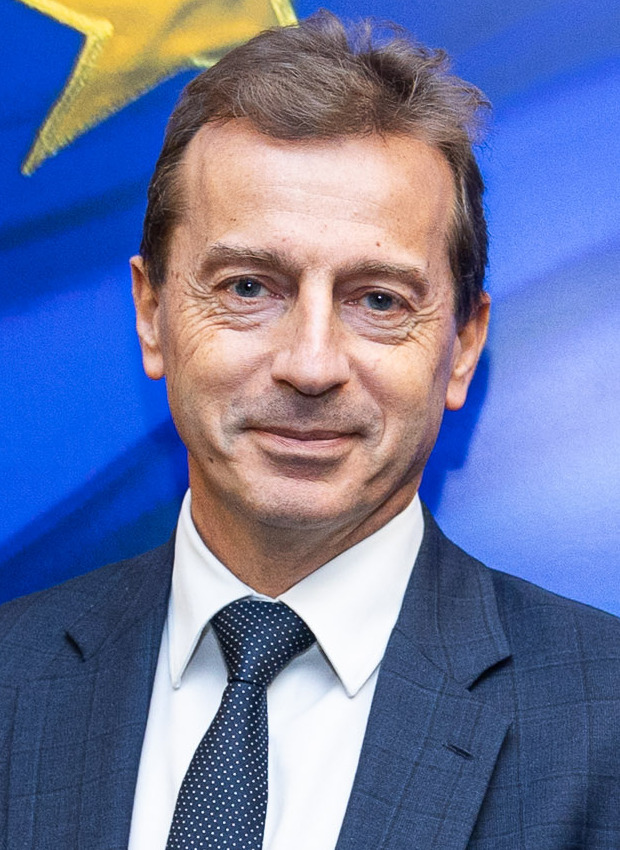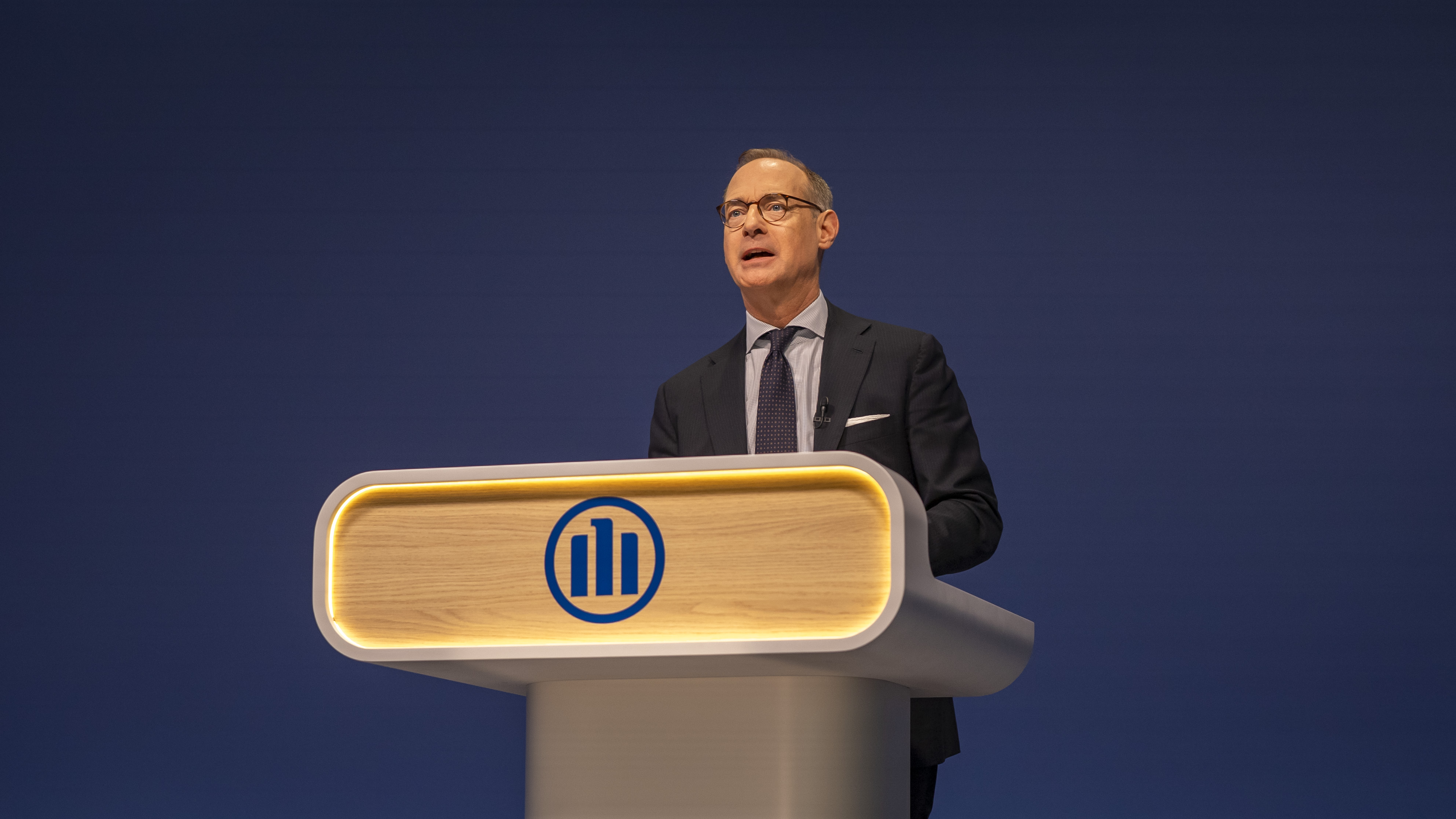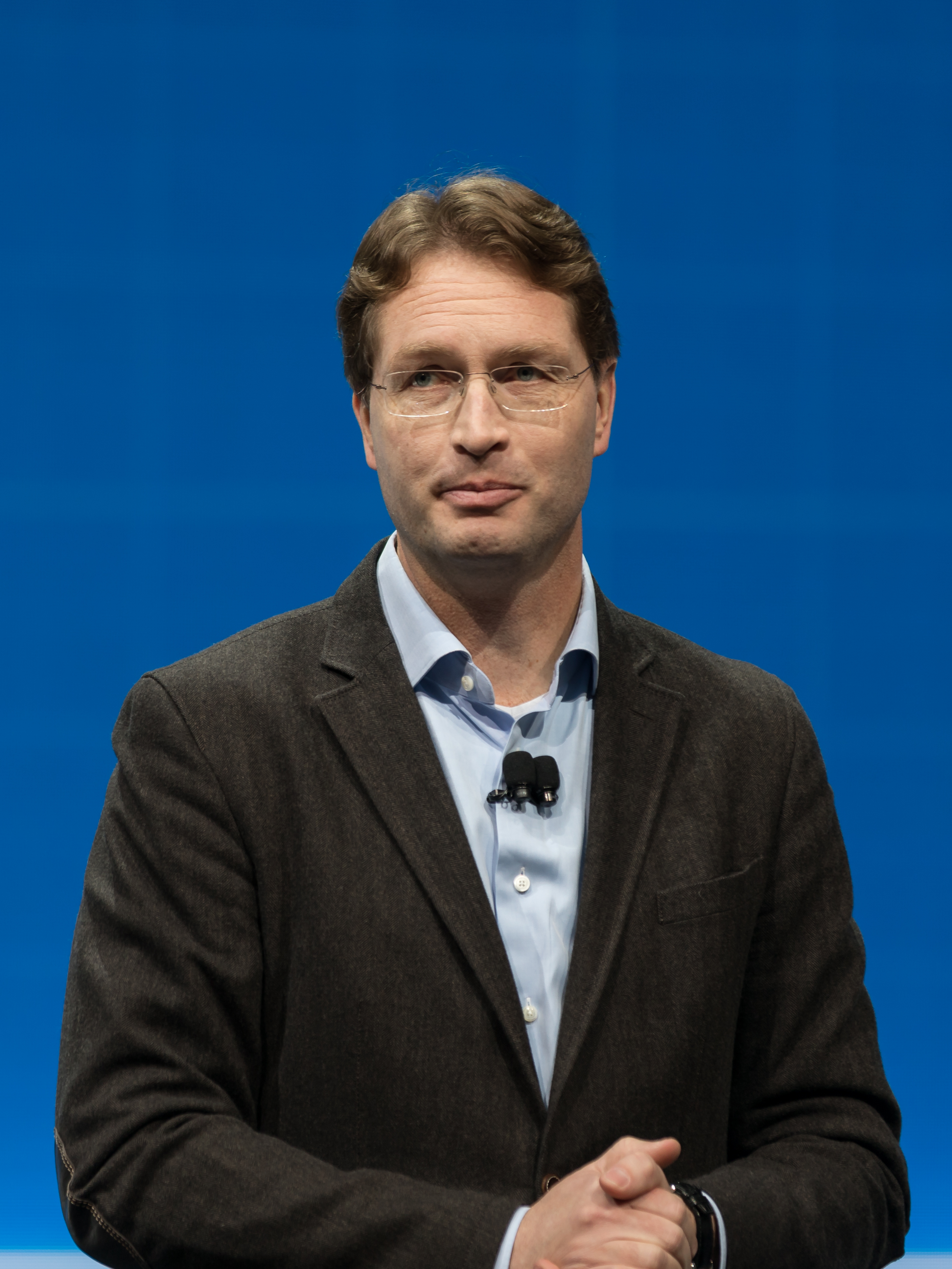Executive Summary: Distinguished Leadership in Global Chemical Innovation
Dr. Martin Brudermüller is a distinguished German chemical industry executive who served as CEO and Chairman of the Board of Executive Directors of BASF SE, the world's largest chemical company, where he led transformational initiatives that positioned the company as a global leader in sustainable chemistry and innovation. Born in Germany, Brudermüller represents the pinnacle of German engineering excellence and strategic leadership in the chemical industry, bringing decades of technical expertise and international business experience to guide one of the world's most complex manufacturing organizations. During his tenure as CEO, he navigated BASF through significant market challenges while implementing comprehensive sustainability initiatives, digital transformation programs, and strategic portfolio optimization that strengthened the company's competitive position across global markets. His leadership has been characterized by a commitment to innovation, operational excellence, and sustainable business practices that address evolving market demands while maintaining BASF's position as a technology leader in chemistry.
Strategic Leadership and Chemical Industry Expertise
Brudermüller demonstrated exceptional strategic leadership throughout his career at BASF, culminating in his role as CEO where he guided the company through complex market dynamics, regulatory changes, and evolving customer requirements across diverse end markets including automotive, construction, agriculture, and consumer goods. His strategic approach emphasized innovation-driven growth, operational excellence, and sustainable business development that balances financial performance with environmental responsibility and social impact.
Under his leadership, BASF strengthened its position as a global leader in chemical innovation while implementing comprehensive transformation initiatives that enhanced efficiency, reduced environmental impact, and improved customer value propositions. His strategic vision encompassed both organic growth through research and development investments and strategic acquisitions that expanded BASF's capabilities in high-growth market segments and emerging technologies.
Innovation and Technology Leadership
Brudermüller championed innovation and technology development as core drivers of BASF's competitive advantage, recognizing that leadership in the chemical industry requires continuous advancement in materials science, process technology, and product development. His innovation strategy emphasized collaborative research, strategic partnerships with academic institutions and technology companies, and significant investments in R&D infrastructure that enable breakthrough developments in chemistry and materials science.
Under his guidance, BASF advanced its position in key technology areas including battery materials for electric vehicles, sustainable agricultural solutions, high-performance materials for lightweight construction, and innovative chemical processes that reduce energy consumption and environmental impact. These technological investments positioned BASF to capture growth opportunities in emerging markets while supporting customers' sustainability objectives across multiple industries.
Sustainability and Environmental Leadership
Brudermüller established BASF as a leader in sustainable chemistry, implementing comprehensive environmental initiatives that address climate change, resource efficiency, and circular economy principles throughout the company's global operations. His sustainability vision encompassed the entire value chain, from raw material sourcing and production processes to product applications and end-of-life management, with particular emphasis on developing chemistry solutions that enable customers to achieve their sustainability goals.
Under his leadership, BASF made ambitious commitments to achieve carbon neutrality by 2050, representing one of the most comprehensive sustainability programs in the chemical industry. This initiative included significant investments in renewable energy, innovative production technologies, and breakthrough chemistry solutions that enable carbon reduction across multiple industry sectors while maintaining economic competitiveness and operational performance.
Operational Excellence and Global Manufacturing
Brudermüller oversaw significant improvements in BASF's global manufacturing operations, implementing advanced production technologies, digital transformation initiatives, and lean manufacturing principles that enhanced efficiency, safety, and environmental performance across the company's extensive network of production facilities worldwide. His operational strategy emphasized continuous improvement, technology integration, and workforce development programs that support BASF's position as one of the world's most sophisticated chemical manufacturing organizations.
His approach to operational excellence included the implementation of Industry 4.0 technologies, artificial intelligence in process optimization, and advanced automation systems that improve precision while reducing costs, energy consumption, and environmental impact. These operational improvements enabled BASF to maintain competitive cost positions while meeting increasingly stringent environmental and safety standards across global markets.
Digital Transformation and Process Innovation
Brudermüller championed digital transformation initiatives that leverage advanced analytics, artificial intelligence, and digital technologies to optimize chemical processes, enhance customer experience, and improve decision-making across BASF's global operations. His digital strategy encompassed both internal process optimization and external customer engagement platforms that provide enhanced service delivery and technical support.
Under his guidance, BASF invested in digital platforms that enable real-time process monitoring, predictive maintenance, and automated quality control systems that improve operational reliability while reducing resource consumption and waste generation. These digital capabilities positioned BASF to compete effectively in an increasingly data-driven chemical industry while maintaining the technical expertise and customer relationships that define chemical industry leadership.
International Business Development and Market Strategy
Brudermüller demonstrated exceptional leadership in managing BASF's global operations across diverse markets with varying regulatory environments, economic conditions, and customer requirements. His international strategy emphasized regional expertise combined with global scale advantages, enabling BASF to adapt products and services to local market needs while maintaining operational efficiency and technology leadership across all regions.
Under his leadership, BASF strengthened its position in high-growth markets including Asia-Pacific while optimizing operations in mature markets through strategic investments, partnerships, and acquisition activities. His market development approach balanced expansion opportunities with risk management considerations, ensuring sustainable growth that supports long-term value creation for stakeholders across diverse geographic regions and end markets.
Research and Development Excellence
Brudermüller prioritized research and development as a fundamental driver of BASF's long-term success, implementing comprehensive R&D strategies that advance the frontiers of chemistry while addressing real-world challenges in sustainability, performance, and cost-effectiveness. His R&D philosophy emphasized both fundamental research that expands scientific knowledge and applied research that delivers practical solutions for customers and society.
Under his guidance, BASF maintained its position as one of the world's largest industrial R&D organizations, with research facilities and technical centers across multiple continents that enable close collaboration with customers and access to diverse talent pools and market insights. This R&D infrastructure supports BASF's innovation leadership while providing the technical foundation for sustainable growth in existing and emerging market segments.
Strategic Partnerships and Collaboration
Brudermüller emphasized strategic partnerships and collaborative relationships as essential elements of BASF's innovation strategy, recognizing that chemical industry leadership requires coordination with customers, suppliers, academic institutions, and technology partners to address complex technical and market challenges. His partnership approach included joint research programs, technology licensing agreements, and strategic alliances that leverage external expertise while strengthening BASF's competitive position.
These collaborative relationships enabled BASF to access complementary technologies, share development costs for major innovation programs, and accelerate time-to-market for new products and solutions while maintaining the intellectual property positions necessary for sustained competitive advantage in knowledge-intensive chemical markets.
Corporate Governance and Stakeholder Engagement
Brudermüller demonstrated exceptional leadership in corporate governance and stakeholder engagement, implementing transparent communication practices, robust risk management systems, and comprehensive ESG reporting that enhanced stakeholder confidence while supporting BASF's reputation as a responsible corporate citizen. His governance approach emphasized long-term value creation, ethical business practices, and sustainable development that balances shareholder interests with broader societal responsibilities.
Under his leadership, BASF strengthened its governance frameworks while enhancing engagement with investors, customers, employees, and communities through regular communication, stakeholder dialogue, and transparent reporting on financial performance, sustainability initiatives, and strategic progress that enables informed decision-making by all stakeholder groups.
Legacy and Industry Impact
Brudermüller's leadership legacy at BASF encompasses significant contributions to chemical industry development, sustainability advancement, and innovation excellence that have influenced industry practices and established new standards for corporate responsibility in chemistry. His strategic vision and operational execution have positioned BASF for continued leadership in sustainable chemistry while demonstrating that environmental responsibility and economic performance can be achieved simultaneously through innovation and strategic thinking.
His impact extends beyond BASF to influence industry-wide approaches to sustainability, digitalization, and innovation that shape the future of chemical manufacturing and contribute to broader societal objectives including climate change mitigation, resource efficiency, and sustainable development across multiple industry sectors and geographic regions.
Conclusion: Defining Excellence in Chemical Industry Leadership
Dr. Martin Brudermüller's leadership at BASF represents a masterclass in chemical industry management and strategic transformation. His combination of technical expertise, strategic vision, and commitment to sustainability has positioned BASF as a global leader in sustainable chemistry while maintaining the operational excellence and innovation capabilities necessary for long-term competitive success. Under his guidance, BASF has successfully navigated complex market challenges while implementing transformational initiatives that enhance environmental performance, improve customer value, and strengthen financial results. Brudermüller's experience in managing large-scale transformation while maintaining operational excellence provides valuable insights for executives leading organizations through periods of significant technological and market evolution. As the chemical industry continues to evolve through sustainability requirements, digital transformation, and changing customer expectations, his strategic approach and execution capabilities serve as a model for leadership in complex, technology-intensive industries where innovation, sustainability, and operational excellence are essential for sustainable success.





